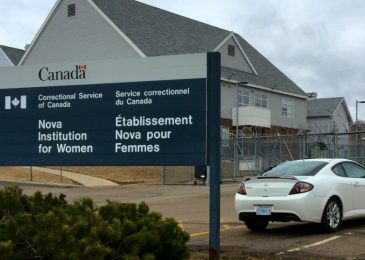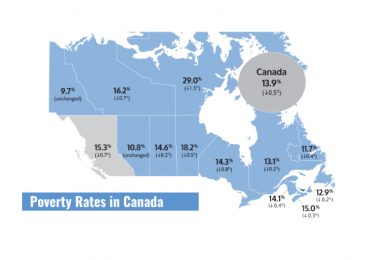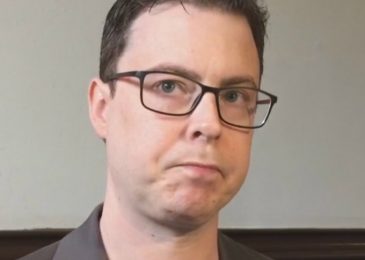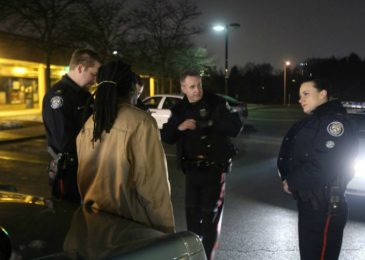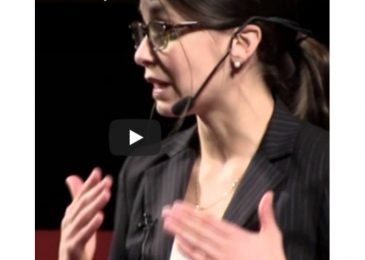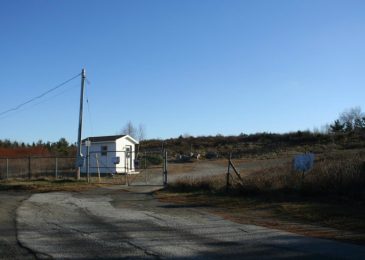Staff person’s harmful comments about trans inmate remain unaddressed
A problematic story in the Chronicle Herald about a staffer’s transphobic comments causes reporter Rebecca Rose to take an in depth look at the harm they cause and and how to counteract them. She also looks at the significant policy changes that triggered the comments, and how these changes came about. But no matter how good the policy changes and staff training, decarceration and community inclusion remain the best solution, advocates say.

